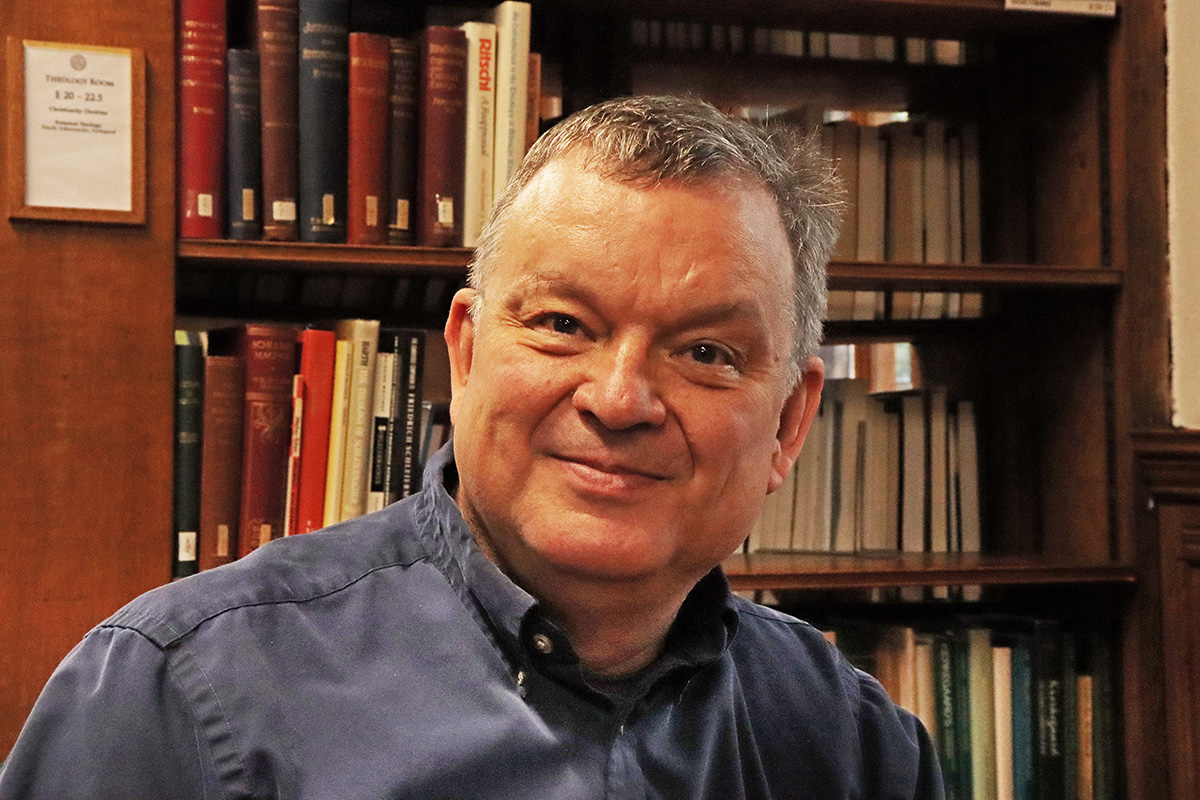When I look through the list of previous writers in residence here at Gladstone’s Library, I do see a preponderance of novelists, poets, and the occasional biographer. I’m here on the basis of a history book and I am working on two future history books. There’s the aptly named History reading room in the Library, and, aside from the fact that you get chucked out at 5pm, it is my favourite place in the Library. Being surrounded by history in every way, what better place to write about history? After all, over the course of a 28 day residency I somehow managed to eke out 41,000 words on the history of the Baltic States in World War 2. One is surrounded by the history of Gladstone the person, Gladstone as a piece of national history, and literally several thousand history books. The atmosphere is inspiring.
It made me think about WHAT history is. History is not simply chronology and stenography, although those are basic building blocks. The uninitiated claim that “you can’t rewrite history” but that is literally not true. History is more than chronology, but even sometimes the chronology is wrong and has to get updated. History is also more than single-perspective accounts. Anyone who has sat through a criminal trial will know that five people watching a crime will have five different accounts of what they saw. An awful lot of “history” is one person’s account, or even worse, one person’s interpretations of a few people’s accounts. There’s a lot to be done to add, revise, interpret, subtract at times, draft things in from other disciplines (linguistics, anthropology, archaeology, botany, climatology, geology, and many others) and otherwise contribute to this notional body of knowledge we call “history”.

Perhaps an example is a book I found. I found myself looking through Alfred Rambaud’s two-volume History of Russia from the earliest times to 1877. (1879, shelf mark WEG M74 RAM, if you are interested. Translated by Leonora Lang. Be careful with volume 2– it is fragile.) This was a well-known book in its time, by a well-known French historian. It is also, in fact, in serious need of re-writing, and not just because a lot of stuff has happened since 1879. While the basic framework, the chronology, is basically right, there’s an awful lot that would not pass scrutiny today. Various hypotheses that are now discredited are mooted. Some basic facts are wrong. Some of what he writes is Tsarist-era romantic claptrap that, at the time, masqueraded as history. The perspectives of women, aside from Catherine the Great, are pretty much absent. Entire ethnic groups are ignored or stereotyped. There’s a simplistic understanding of some matters of religion. I could go on.
But he also captured a lot of the big ideas in ways that we can recognise as being right. Rambaud describes 11th to 13th century Russia rather more accurately than many Russian sources would do today, systematically describing how modern Russia rose out of 8 different principalities and that finding one unique strand among them is hard. Indeed, one way of looking at the Ukraine war is that it is a clash of interpretations of history, one of which being Putin’s interpretation of Moscow being the permanent locus of Russian history. So, despite its faults, a lot of Rambaud stands the test of time.
But does it mean it is a bad book? Like a lot of the things in that room, it is of its time. It is a building block. I guess one way to look at history writing is that we are building a bigger building all the time. Some of the blocks need to get a bit of masonry work done on them before we can slap another layer on top. A few need to be chiselled out and replaced. Others can be seen in a “well, it’s ok, it’s got good blocks around it and it’s not really visible unless you look hard”. We should not critique Rombaud’s building block too harshly, for it was a good work at the time. He probably did not have much or any access to what women thought about serfdom, for example, or any chance to ever talk to members of various ethnic groups in the south and east of Russia to get their take on affairs.
I started out thinking “gosh this is a dry book full of nonsense” and progressed through thinking “hmm, how could he have done better for his time” and finished by saying to myself “well, let me make sure I do the best I can with what I have, which is probably a lot more than Rambaud.”

